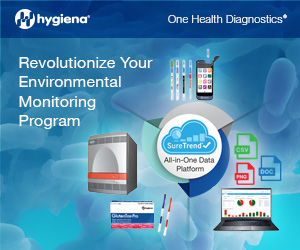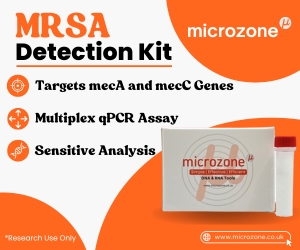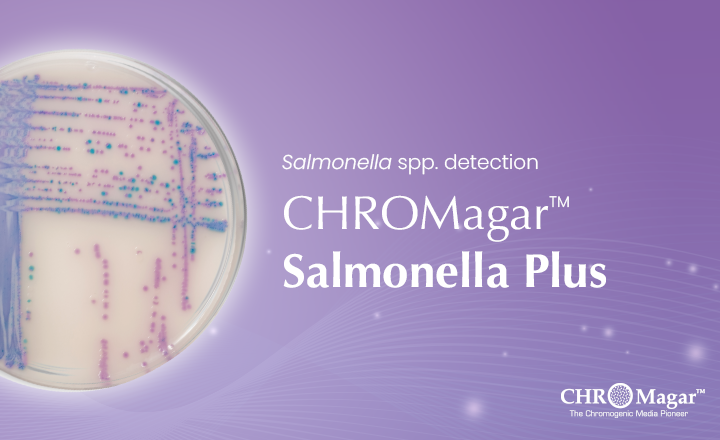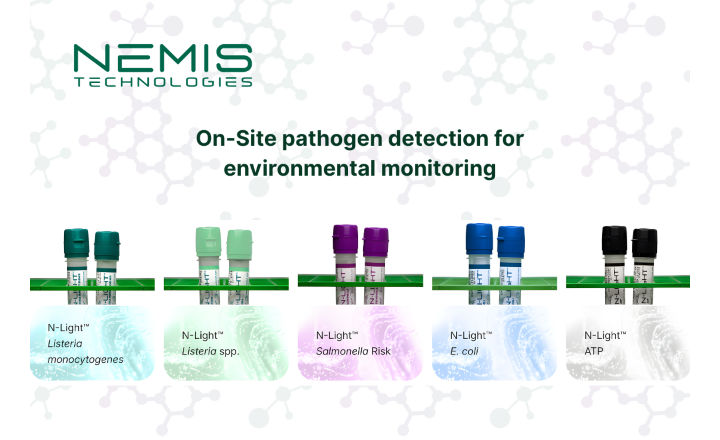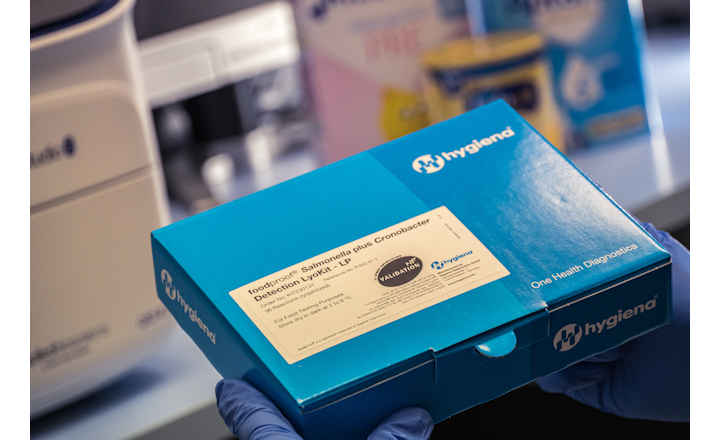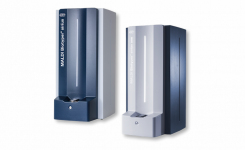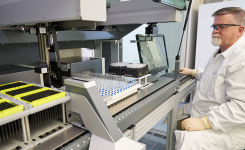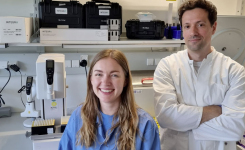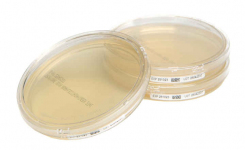The Centre for Disease Control and Prevention (CDC) and the US Food and Drug Administration (FDA) alongside multiple states are currently investigating Salmonella Reading and Salmonella Abony infections which have affected nine states across the US. This has been linked epidemiologically to alfalfa sprouts which were supplied by Sprouts Extraordinaire of Denver, Colorado as the most likely source having supplied alfalfa sprouts to all locations gathered from traceback investigations.
Public health officials have been using the CDC’s PulseNet PulseNet(http://www.cdc.gov/pulsenet/) system to identity cases linked to the outbreak. The PulseNet system carries out DNA fingerprinting on isolated Salmonella bacteria from ill people using pulse-field gel electrophoresis (PFGE) and whole genome sequencing.
A total of 30 people infected have been reported with illness incidences ranging from May 21st 2016 to July 20th 2016. Affected persons range from ages 1-72 with a median age of 30 years. No deaths have been reported though five people have been hospitalised. PulseNet results reveal that of those infected, 24 were infected with Salmonella Reading, one with Salmonella Abony and 5 with both bacterial strains. Sickened people reported in interviews having eaten raw alfalfa sprouts on sandwiches from several restaurants and on the 5th August 2016 the product was officially recalled from the market due to possible Salmonella contamination.
Currently, the investigation is still ongoing using PulseNet laboratory surveillance coupled with interviews to identity more cases and the food items implicated. Updates can be followed on the CDC website.
Sprouts - A High Risk Food Sprouts, touted for their health benefits are microbiologically a high-risk food with their consumption over recent years associated with notable outbreaks of foodborne infections worldwide.
From farm to table, sprouts undertake a complex journey with multiple avenues for contamination during several points in the production process. In addition, the sprouting process is one which takes place just prior to consumption and provides optimal conditions for the rapid growth and distribution of pathogens if seeds become contaminated.
In recent outbreaks (over the last few decades):
- Multiple sprout products have been involved, most notably alfalfa sprouts in addition to mung bean, fenugreek and radish sprouts
- Multiple pathogens have been implicated, including Escherichia coli O157:H7, B. cereus and Salmonella serotypes
- Specific examples include the potentially world’s largest outbreak of E.coli O157:H7 which occurred in Japan (1996) from white radish sprouts and in Germany (2011) a rare E.coli O104:H4 outbreak from organic sprouted Fenugreek seeds which caused the second largest shiga toxin-producing Escherichia coli (STEC) outbreak in history.



